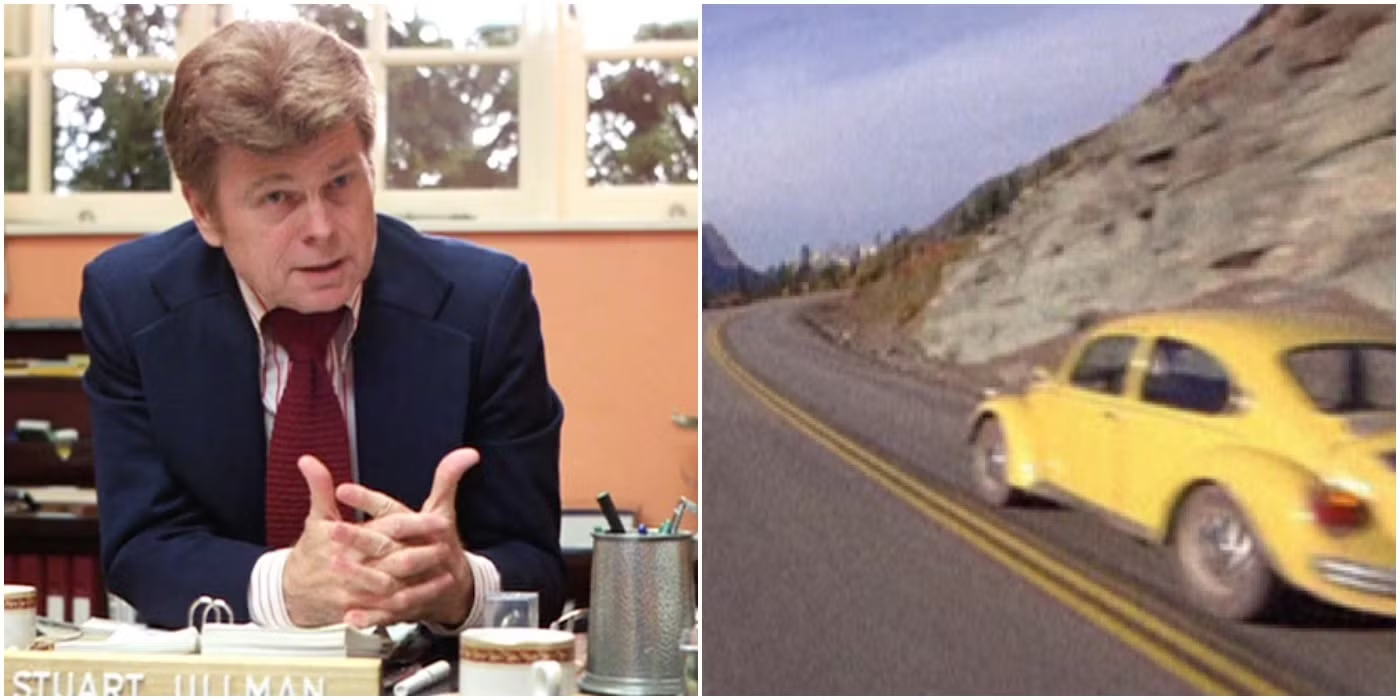A movie’s impact often lies not just in its visuals or storyline but in its soundtrack a powerful force that can evoke emotions, build tension, and leave a lasting imprint on the audience’s memory. Over the decades, certain soundtracks have become more than just musical accompaniments; they have evolved into cultural touchstones that define generations, shape pop culture, and even inspire future composers.
One of the most unforgettable soundtracks in cinematic history is John Williams’ score for Star Wars (1977). With its grand orchestral arrangements and unforgettable main theme, the Star Wars score redefined how music could elevate the emotional stakes of a film. Williams’ other works, including Indiana Jones and Jurassic Park, also stand as timeless examples of how music and storytelling intertwine seamlessly.
Another landmark is Titanic (1997), where James Horner’s hauntingly beautiful composition, especially “My Heart Will Go On” by Celine Dion, became synonymous with the film’s emotional depth. It’s a soundtrack that didn’t just support the narrative but became a global hit in its own right.
Similarly, Hans Zimmer’s work on The Lion King (1994) and Inception (2010) introduced innovative use of sound and melody to communicate complex feelings. Zimmer’s score for Interstellar (2014), with its organ-heavy, minimalistic soundscape, pushed boundaries and brought emotional resonance to science fiction in a way few others have done.
In the realm of musicals and pop soundtracks, Grease (1978), Saturday Night Fever (1977), and The Bodyguard (1992) hold legendary status. Whitney Houston’s performance of “I Will Always Love You” became one of the best-selling singles of all time, proving how a film’s soundtrack can transcend its medium.
Similarly, Frozen (2013) gave us “Let It Go,” which became a cultural phenomenon. In the superhero genre, The Dark Knight Trilogy and Marvel’s Avengers series owe much of their dramatic tension and epic feel to their rousing scores.
Then there are soundtracks that reflect the personality and emotion of the characters like Forrest Gump (1994), with its rich tapestry of American classics, or Pulp Fiction (1994), which revived interest in surf rock and retro soul.
Quentin Tarantino’s genius lies in how he uses music to define a scene, often juxtaposing cheerful tunes with gritty or intense moments, creating a stark and memorable contrast.
Conclusion
The most iconic movie soundtracks are those that not only enhance a film but also leave a lasting emotional and cultural impact.
Whether it’s a soaring orchestral score, a haunting ballad, or a carefully curated mix of pop and rock hits, these soundtracks become timeless companions to the stories they help tell. They remind us that while visuals may fade, the right music can echo in our minds forever.



